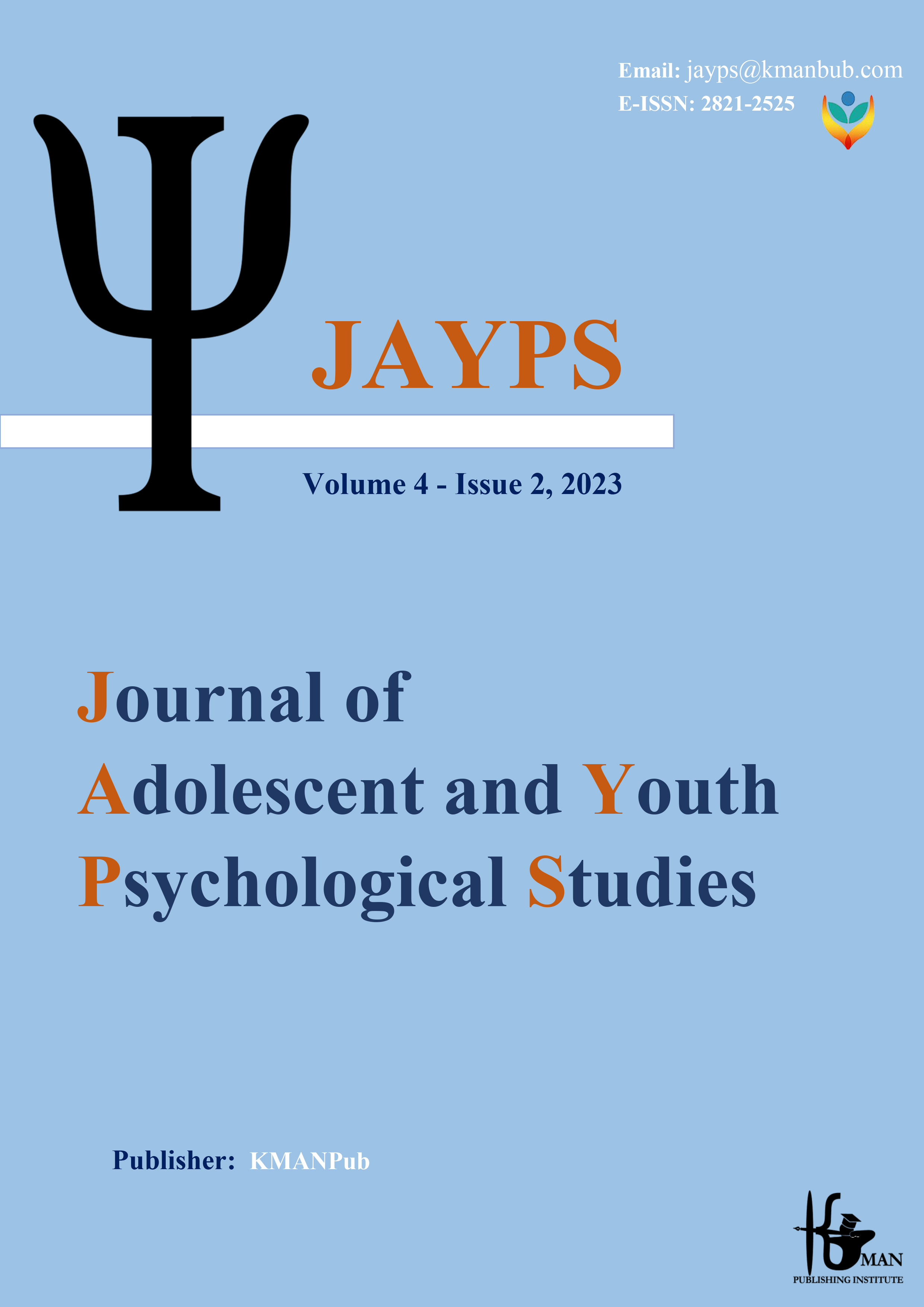Comparing the effectiveness of metacognitive therapy and the integration of metacognitive therapy with an evolutionary psychotherapy approach in reducing depression symptoms
Keywords:
metacognitive therapy, evolutionary psychotherapy approach, depression.Abstract
Background and Objective: Depression has been identified as the third leading cause of non-fatal global health loss in 2017, affecting more than 300 million people worldwide. The present study was conducted with the aim of comparing the effectiveness of metacognitive therapy and combining metacognitive therapy with an evolutionary psychotherapy approach in reducing depression symptoms. Methods: The data collection method is semi-experimental with pre-test-post-test and control group with two-month follow-up. The statistical population of the research includes women with depression. In the first stage, 45 women with depression were selected as the statistical sample of the study based on the available sampling method, and in the next stage, they were divided into three groups through a simple random sampling method. Metacognitive therapy (15 people), combining metacognitive therapy with evolutionary psychotherapy (15 people) and the control group (15 people) were included, and Beck's depression questionnaires (1961) were completed in three stages: pre-test, post-test and follow-up. Results: The results of the research showed that there was a significant difference between the depression scores in the two groups of metacognitive therapy and the combination of metacognition and developmental therapy, which was in favor of the group of metacognition and developmental therapy (p<0.05). The results also showed that there was a significant difference in depression scores between metacognitive therapy and the control group, which was in favor of the metacognitive therapy group (p<0.01). There was a significant difference in depression between the metacognitive integration and evolutionary therapy group and the control group (p<0.01). Finally, the results showed that metacognition therapy was effective in depression scores (p<0.01) and the combination of metacognition with evolutionary therapy was effective in depression scores (p<0.01). Conclusion: It can be concluded that metacognition therapy and the combination of metacognition with evolutionary therapy were effective in reducing the symptoms of depression. Also, the combination of metacognition and evolutionary therapy was more effective in reducing depression symptoms than metacognitive therapy.
Downloads
Published
Issue
Section
License

This work is licensed under a Creative Commons Attribution-NonCommercial 4.0 International License.









